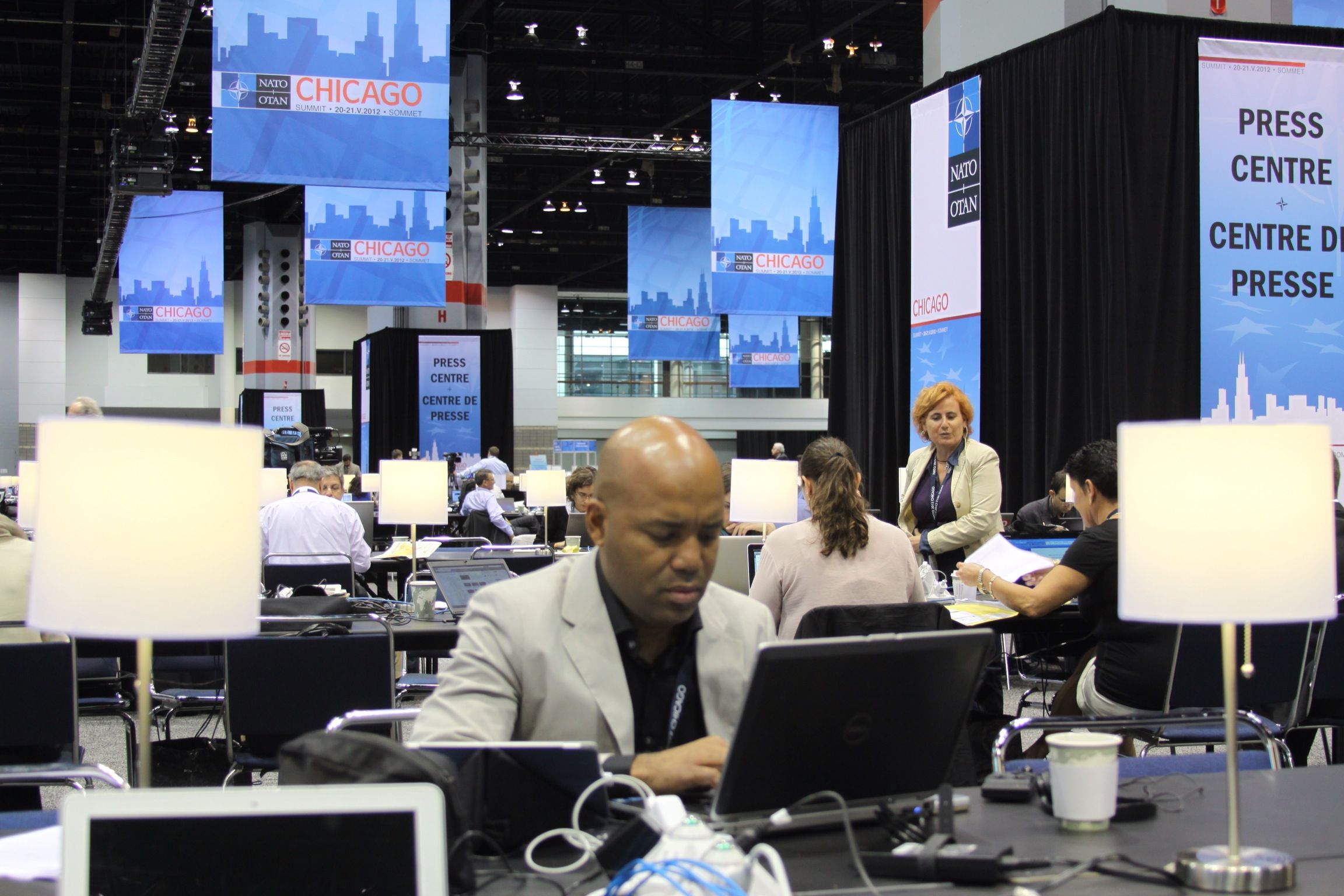Other NATO countries need to step up and help carry the U.S. load
By Robert L. Price

Other NATO countries need to step up and help carry the U.S. load
By Robert L. Price
Last night I had a casual chat with a French delegate on the ride back from the press center. He asked for my general thoughts on the summit, and I told him that I hadn’t heard anything more than standard protocol: no details or revelations other than the safe script. Afghan President Hamid Karzai fell in line, saying what was expected of him given the situation on the ground. The U.S. response was no different.
I also had a question for my new French friend: Hypothetically, if the U.S. pulled its troops out of Europe, could the continent defend itself from missile attack? NATO’s ballistic missile defense is supposedly about protecting Europe and its allies and providing security across the European continent, not the North American continent. Could Europe afford to defend itself, I asked him, with American defense budget cuts looming at the end of this year and most of Europe in a period of austerity? If they can pay for it, why should we?
The French delegate (who, as it turned out, was co-author of one of the key topics for Monday’s discussion) thought my hypothetical was completely unrealistic. The U.S. and Europe are too interdependent militarily and economically, he argued, for such a thing to happen. However, he acknowledged that the cost of defense is front and center for politicians and admitted that the French, Germans and others needed to step up and pay more of their fair share.
This is what I really wanted to hear. I wanted to hear someone admit that the U.S. is footing the bill disproportionately on these efforts and others. Austerity isn’t an excuse, because we’re all going through financial hardship. And unlike the political threats to social programs from a hostile Republican House and ineffective Democratic Senate, the U.S. defense budget hasn’t been cut much during our recession. I felt validated by the French NATO representative.
Before the press bus dropped us off at the Hyatt he wanted to make one thing clear: No matter how expensive NATO is, it’s certainly cheaper than the costs of the U.S. war in Afghanistan.
We agreed again.
Robert L. Price is an architect and interior designer based in Shanghai, China. He is Worldview’s arts and architecture contributor and a Global Cities co-contributor. Price also serves as Senior Associate and Technical Director for Asia at Gensler, a global design firm.